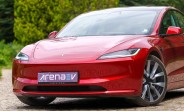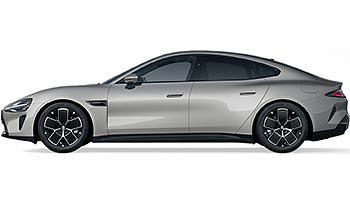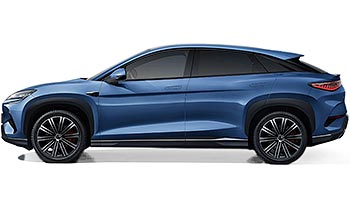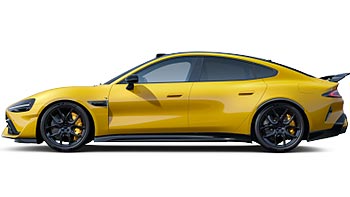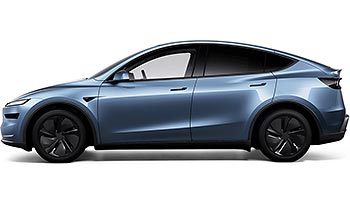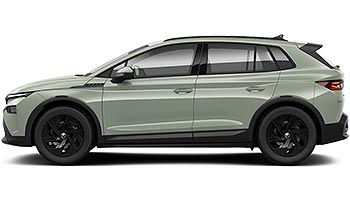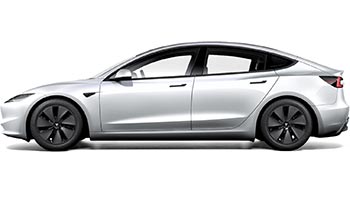Tesla puts the brakes on Model S and X orders in China amid trade tensions

According to the latest reports coming out of China, Tesla has stopped accepting new orders for its high-end Model S sedan and Model X SUV. The decision comes at a time when trade relations between the United States and China are probably the worst we've seen for decades.
Until now, customers in China looking to purchase either the Model S or the Model X faced a waiting period of three to eight months for delivery. Unfortunately for Chinese buyers, the "Order Now" button on Tesla's website for these models has been replaced with a "View Now" button. The option to order a vehicle is no longer available - the clearest sign yet there's a halt to new orders. This change does not affect the Model 3 sedan and the Model Y SUV, which are produced locally at Tesla's Shanghai factory.

Tesla began delivering the updated versions of the Model S and Model X, imported from the United States, to Chinese customers in March 2023. These two models are positioned at the higher end of the EV market in China.
The decision to stop taking orders for both EVs coincides with the ongoing trade dispute between the two global economic powers. In response to new tariffs imposed by the US, China has increased its own tariffs on American imports to 84 percent. This substantial bump in import duties makes both the Model S and Model X prohibitively expensive for Chinese buyers.

Although the two vehicles are Tesla's flagships, the Model S and Model X contribute a smaller portion to the company's overall sales figures. In the first quarter of this year, Tesla delivered a total of 336,681 vehicles worldwide. Of this number, the more affordable Model 3 and Model Y accounted for 96 percent, totaling 323,800 units. The combined deliveries of the Model S, Model X, and the Cybertruck electric pickup amounted to just 12,881 vehicles during the same period.
Beyond China, Tesla also stopped taking orders for new Model S and Model X vehicles in Japan starting on March 31. This simultaneous action in another major Asian market suggests there might be a broader strategic shift for these particular EV models.
Related
Reader comments
- Kong
Chinese people do not like American cars.
- 12 Apr 2025
- rU2


